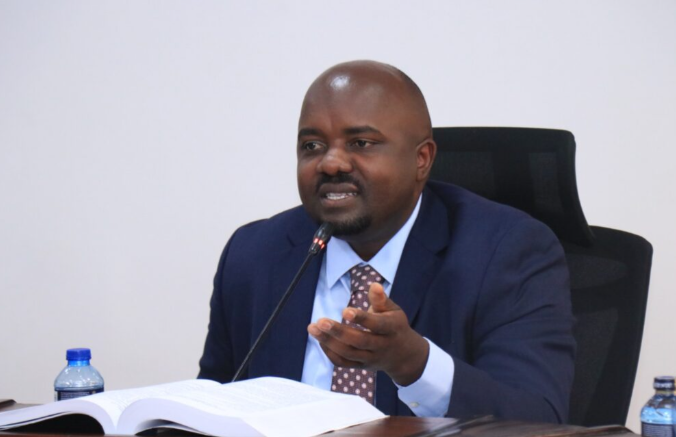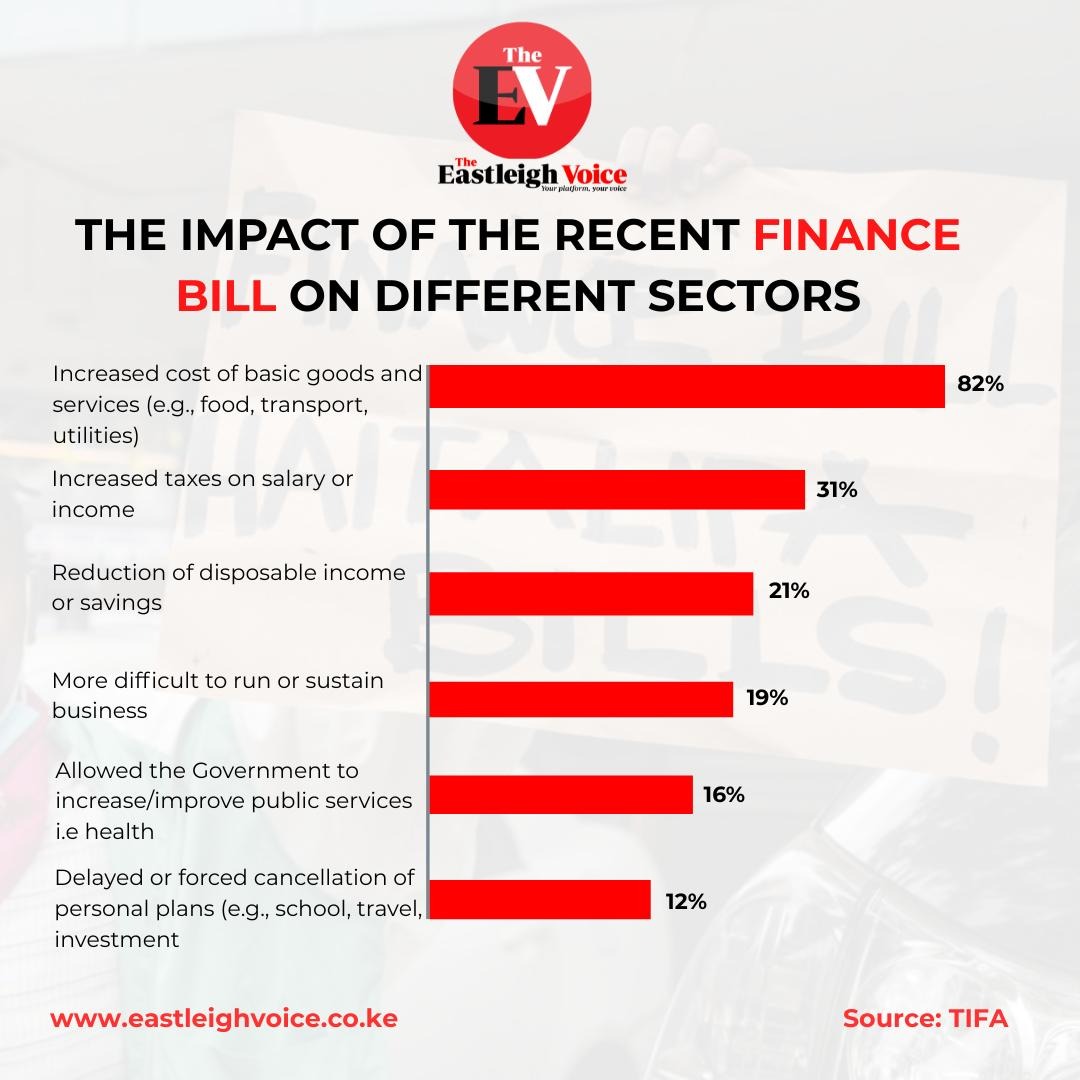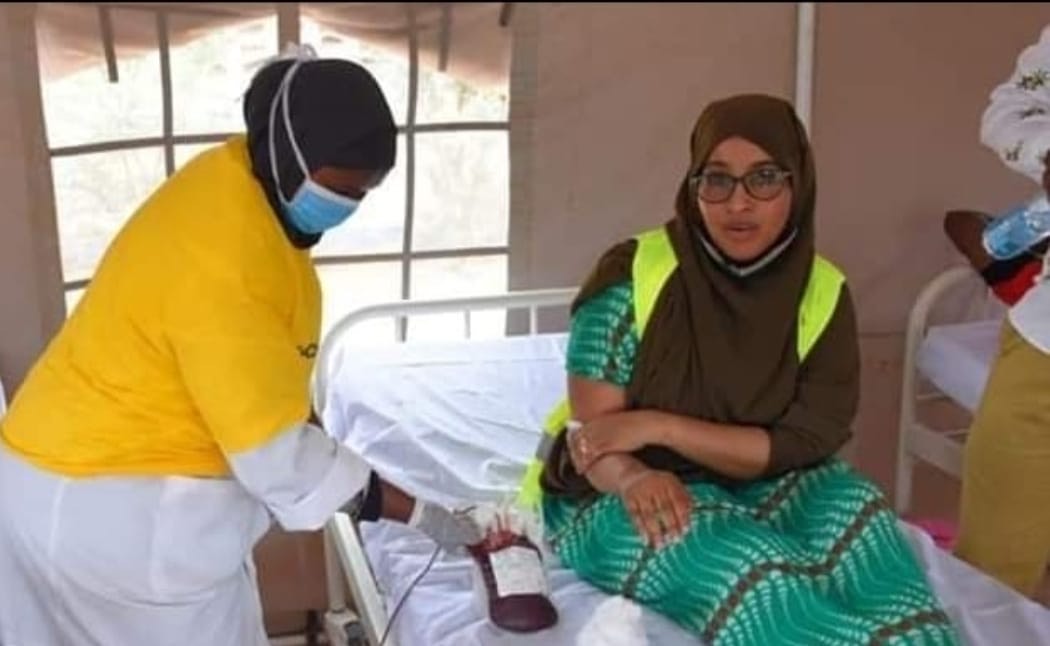Parliament warns Government Advertising Agency's debt crisis threatens public campaigns

The National Assembly Public Accounts Committee, chaired by Butere MP Tindi Mwale, was informed that while government entities routinely use the GAA to place adverts, they often delay or avoid payment, citing slow funding releases from the National Treasury.
The Government Advertising Agency (GAA) is facing a major financial crisis, with state ministries, departments and agencies (MDAs) failing to clear nearly Sh1 billion in unpaid advertising bills.
Parliamentary watchdogs have warned that this persistent debt is undermining the agency’s ability to carry out vital public service campaigns.
The National Assembly Public Accounts Committee, chaired by Butere MP Tindi Mwale, was informed that while government entities routinely use the GAA to place adverts, they often delay or avoid payment, citing slow funding releases from the National Treasury.
Officials from the ICT ministry, led by Broadcasting PS Stephen Isaboke, and GAA director Michael Okidi confirmed that the agency is owed Sh991 million.
Among the largest defaulters are the Kenya Broadcasting Corporation with Sh170 million, the Kenya Forest Service at Sh36 million, and the Kenya Film Classification Board at Sh36 million.
Other major debts include the Kenya Yearbook Editorial Board (Sh34 million), Media Council of Kenya (Sh10 million), and Development Initiatives (Sh3 million).
Okidi explained the root of the problem, noting that while MDAs allocate funds for adverts in their budgets, payments can only be made once the Treasury releases the money.
“MDAs, when planning their adverts, charge the expenditure to their own budgets. Once the ads are placed, payment requires funds to be released by the National Treasury through the exchequer. At times, there are delays which affect timely payment. However, the payments are eventually made,” he said.
Committee members expressed frustration, accusing officials of defending agencies that owe the money. Mwale criticised this attitude, urging civil servants to speak plainly about payment delays.
“Sometimes officers come here and end up defending those who are supposed to pay them. Don’t defend them, speak the truth, ‘We advertised, we did the work, but when it comes to payment, they have refused to pay’,” he told the session.
MPs called for structural reforms to break the cycle of unpaid bills. Rarieda MP Otiende Amollo suggested that adverts should only proceed once funds are confirmed, rather than relying solely on budget allocations.
“The blame game circles back to the Treasury, but it doesn’t solve the problem. Why not insist that instructions are issued only when money is confirmed?” he asked.
Samburu West MP Naisula Lesuuda proposed that the GAA should maintain a formal register of arrears and confront defaulting agencies during audits to enforce accountability.
Officials outlined steps being taken to tackle the growing debt, including requiring Local Purchase Orders before publishing adverts and barring agencies with arrears above Sh2 million from placing new adverts.
They also cited directives from the Office of the Head of Public Service that hold accounting officers personally responsible for unfulfilled financial commitments, treating broken LPOs as violations.
The crisis has sparked debate on the continued need for GAA. Established in 2015 to centralise government advertising and curb inflated media costs, its role was questioned during the committee session.
“Those who owe you money cannot place adverts, yet the law compels them to advertise. So is GAA still necessary?” MP Amollo asked.
ICT ministry officials defended the agency, arguing it remains vital for cost efficiency and compliance.
PS Isaboke said the challenge lies in aligning budget allocations with actual payments, not in abolishing the agency.
“GAA was created to eliminate inflated rates. It is a basic service. What we need is alignment between budget commitments and payments, not abolition,” he said.
Top Stories Today










































